If you've ever driven past a field of horses, you probably noticed a few of them eating. A horse spends most of its time each day with its heads lowered, munching as it walks. Since these large creatures require so many calories, you may find yourself wondering, "what do horses eat, anyway?"
A horse's digestive tract is roughly three times longer than a human's. This complex system can require different amounts of nutrients based on the horse's daily activities. In this article, we'll cover everything you need to know about horse nutrition so you can provide them with healthy food!
What Do Horses Eat?
Horses are herbivores, meaning the cornerstone of their diet is plant material. The most expensive part of caring for some animals is providing meat, but you won't have to worry about that with horses. They primarily eat grass, hay, haylage (chopped forage), and grains like oats or corn.
Fruits and vegetables are just as nutritious for horses as they are for us. Most of the nutrients horses need come from these plant materials, but you can also round out their diet with vitamins, minerals, and concentrates. Concentrate mixes combine grains, vitamins, and minerals into a single feed.

Grass & Tender Plants
Grass and tender plants are the feed of choice for wild horses. As with most animals, the best way to understand a horse's digestive system is by examining its eating patterns in its natural habitat. Research has shown that grasses make up 82% of wild horses' diets.
Of the remaining 18% of their diet, wild horses eat 10% forbs (a type of plant) and 8% shrubs. The average horse will get plenty of nutritional value from these sources if allowed to wander around a pasture.
If you're wondering whether your land would make good pasture, the Natural Resources Conservation Service has published this helpful guide.
Hay
Even the best pasture may not be available for feeding year-round. If the land your horses graze on isn't accessible due to weather or other conditions, hay is also an excellent option. Be sure to test your hay for the proper nutrients and add supplements as needed. Consult an equine veterinarian when planning your horse's diet.
If the terms silage, forage, hay, and haylage sound similar or confusing, don't worry! Let's break down each of these nutrients:
- Forage: Forage is a loose term that essentially means "food." However, when it comes to livestock, forage usually refers to plant leaves and stems. Forage is typically eaten by animals directly from the ground.
- Silage: The term silage comes from "silo" and "forage." Silage is made by compacting forage until it's dense, then storing it in a silo without drying it. By fermenting the feed and keeping it in airtight conditions, silage can last up to three years.
- Hay: Hay is similar to forage in that it can be made of grass, plant leaves, and stems. It most commonly applies to alfalfa and legumes. The primary difference between hay and forage is that hay has been cut and dried to be used as feed, while forage is sought out by the animal.
- Haylage: As its name implies, haylage combines the benefits of hay and forage. While the grass used for hay isn't cut and dried until it is mature, haylage grass is harvested sooner. It is also left to wilt and dry for a shorter time, resulting in haylage containing more moisture than hay. Haylage has about 45% moisture, while hay holds 20%.
Horse Pellets
Horse pellets are made by grinding nutrients into a mash. The ingredients can vary depending on the pellet, but most contain grains, minerals, and vitamins. The mixture is forced through a machine that divides it into small pellets while simultaneously cooking the mash.
Pellets are a highly digestible nutrition source because they are tiny in size and contain cooked ingredients. Ground and cooked food is easier for a horse to digest than textured grains.
Can Horses Consume CBD?
Absolutely! Not only is CBD safe for horses, but it's also beneficial. HolistaPet's CBD horse pellets and oil can reinforce your horse's digestive system and enhance their usual feed. It promotes homeostasis and a calm, relaxed feeling that can help horses with eating troubles.
Your horse needs plenty of plant material, and CBD comes from the incredibly versatile hemp plant. We send our products to a third-party lab to ensure they only contain the most health-conscious compounds. You can see the lab results, called certificates of analysis (COAs), for all our products.
HolistaPet's CBD horse products are made with 100% natural, organic, non-GMO ingredients. Our CBD horse pellets and horse oil tinctures are rich in omega-3, 6, and 9 fatty acids, all of which are important for your horse's nutritional needs.
Grains & Concentrates
Grain gives horses their energy, which is vital for these large, working steeds. Many grains are suitable for a horse's energy and overall health, but that doesn't mean every grain is equally beneficial. For example, wheat should not be fed to horses, as it can inhibit their gastrointestinal tract.
Concentrate mixes can include multiple nutrients, though they primarily consist of grain. They are used to supplement nutrients your steed may be lacking. If your horse isn't a working animal, it likely won't need concentrates. Consult a veterinarian before using concentrates.
To avoid overwhelming their stomachs, feed horses small amounts of grain at a time while monitoring their reaction. Make sure grain makes up less than 25% of a horse's diet to avoid conditions like colic or stomach ulcers.
Salt & Minerals
Does the idea of licking on a lollipop made entirely of salt sound delicious to you? If not, then you're probably not a horse (and if you are, please tell us how you got online). Salt and minerals provide essential nutrients like sodium and chloride that aid muscle contraction and digestion.
Some concentrate mixes include salt and other minerals, though not all of them do. The most popular way to provide your horse with this mineral is by using a salt block. They hang in a stall or pasture, and horses will lick them until they've satisfied their needs.
Treats
When an equine wants treats, they aren't looking for chips or crackers. Horses enjoy fruits, vegetables, and sugar cubes. Only give one or two treats to your horse per day, regardless of what the snacks are. Horses need to be fed a strict balance of fiber, sugar, fats, carbohydrates, and proteins.
Always feed your horse treats out of a flat palm with fingers outstretched to avoid accidental nibbling. We advise healthy treats like watermelon, berries, grapes, apple slices, carrots, or bananas. Sometimes a horse deserves something a little more special, and sugar cubes are the perfect reward.

How Much Should Horses Eat?
"Horse food" is not as clear-cut a form of nourishment as something like dog kibble because each steed has unique needs that may include supplements or mixes. Generally, horses should eat 1-2% of their body weight in roughage per day. This roughage may consist of pasture, hay, and grassy stalks.
Every horse needs constant access to fresh, clean water. A horse can eat roughly 20 pounds of hay per day. If your equine isn't roaming the pasture, it should regularly have a feed bag in front of it unless the horse is on a feeding schedule.
Is It Important to Have a Feeding Schedule for Horses?
For the past few decades, many owners have stuck by the "rule" that feed should be provided twice a day. In recent years, equestrians have realized that it's more natural and healthy for horses to mimic wild steeds' eating patterns. Let your horse eat at its leisure unless it is following a meal plan.
If your horse is accustomed to this "twice daily" rule, it won't benefit their health to suddenly have them find their own food in a pasture. Any changes that you make to the animal's feed schedule should be done gradually.
When Should You Feed Your Horse?
Horses' stomachs are constantly digesting, which is why they tend to eat small meals throughout the day. The "twice daily" rule goes against this persistent digestion, giving the horse large doses of nutrients in the morning and afternoon. If your horse is used to this, talk to a vet before making changes.
Since wild horses eat whenever they want, your steed has a natural predisposition to eat a small meal or snack whenever it feels hungry. Equestrians refer to this as "free-choice feeding." Most horses have good self-control and will only eat when they need to.
If your horse eats too often, this can cause digestive issues like colic. You can use a slow feeder to limit their consumption. Also, they must have a regular supply of freshwater to wash down their grub.
Stick to a Routine
Of course, some time must be reserved for training, riding, relaxation, and bathing. Even wild horses fall into a daily routine, grazing and resting at similar times every day. Wherever your horse has access to its feed and water, try to get them into a stall or pasture at roughly the same time daily.
What Types of Food Should Horses Avoid?
Your horse's nutritional needs may vary based on its profession. For example, racehorses should be fed oats as much as possible, while the average equine shouldn't eat more than 5 pounds of oat-based meals per day.
Giving your horse the wrong foods can affect their weight and cause digestive issues. These are some foods that you shouldn't give a horse:
- Pitted fruits
- Chocolate
- Persimmons
- Wheat
- Bread
- Yogurt
- Avocado
- Potatoes
Final Thoughts - What Do Horses Eat?
Every horse needs clean water, a balanced feed, and an attentive owner. While our steeds can provide for themselves in a nutritious pasture, they often have jobs and daily tasks that interfere with regular feeding. With the right food, consultation with a veterinarian, and a little patience, your horse will forever be grateful!
Read More About Caring For Horses Here



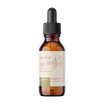
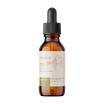
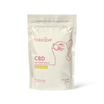


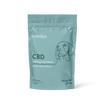
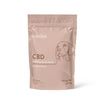


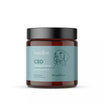

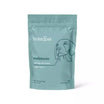








![MSM For Horses [Benefits, Dosages, & Feeding Suggestions]](http://www.holistapet.com/cdn/shop/articles/463.jpg?v=1715369228&width=500)
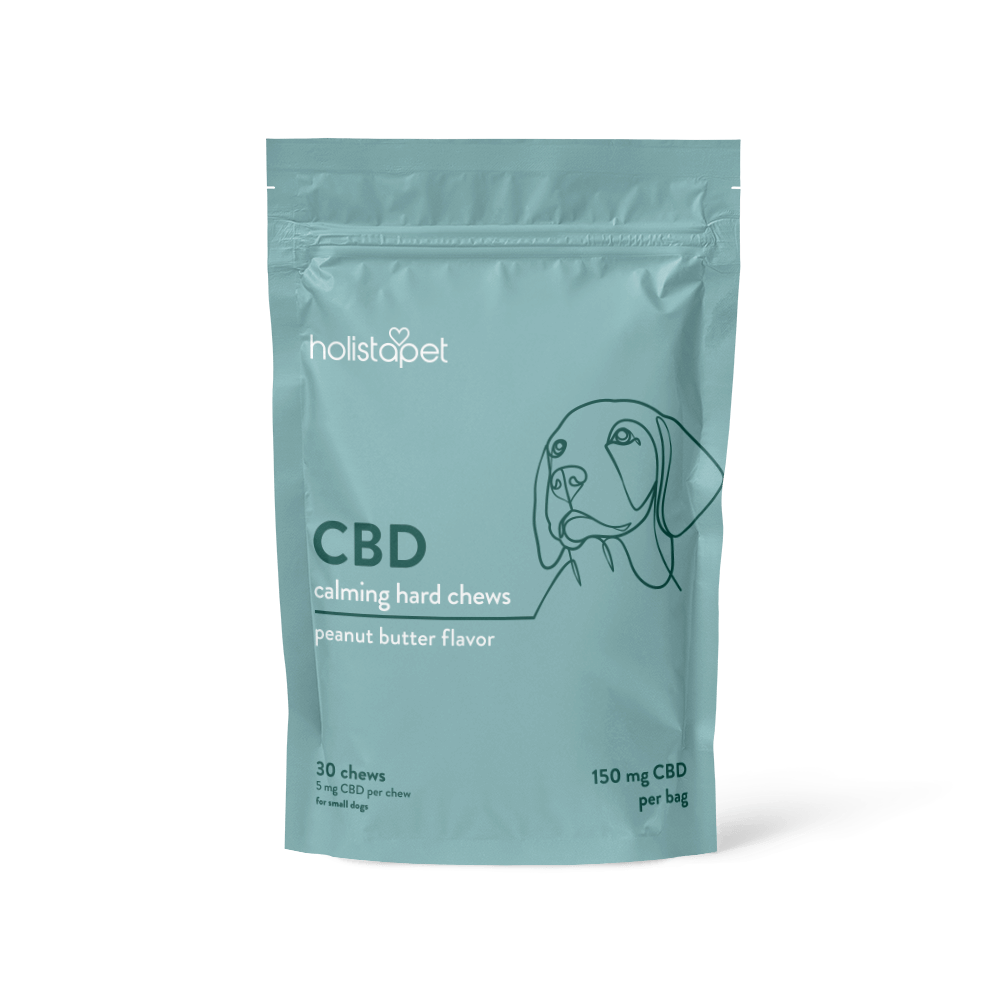
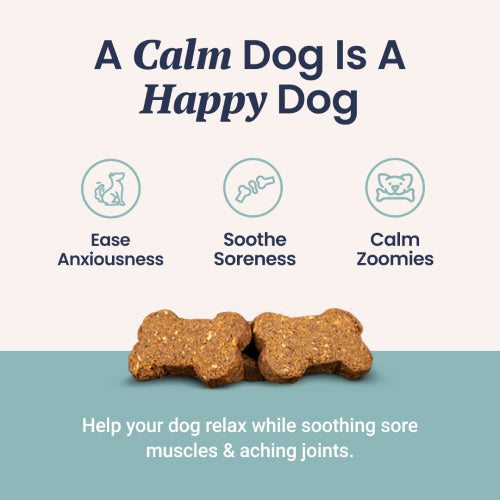
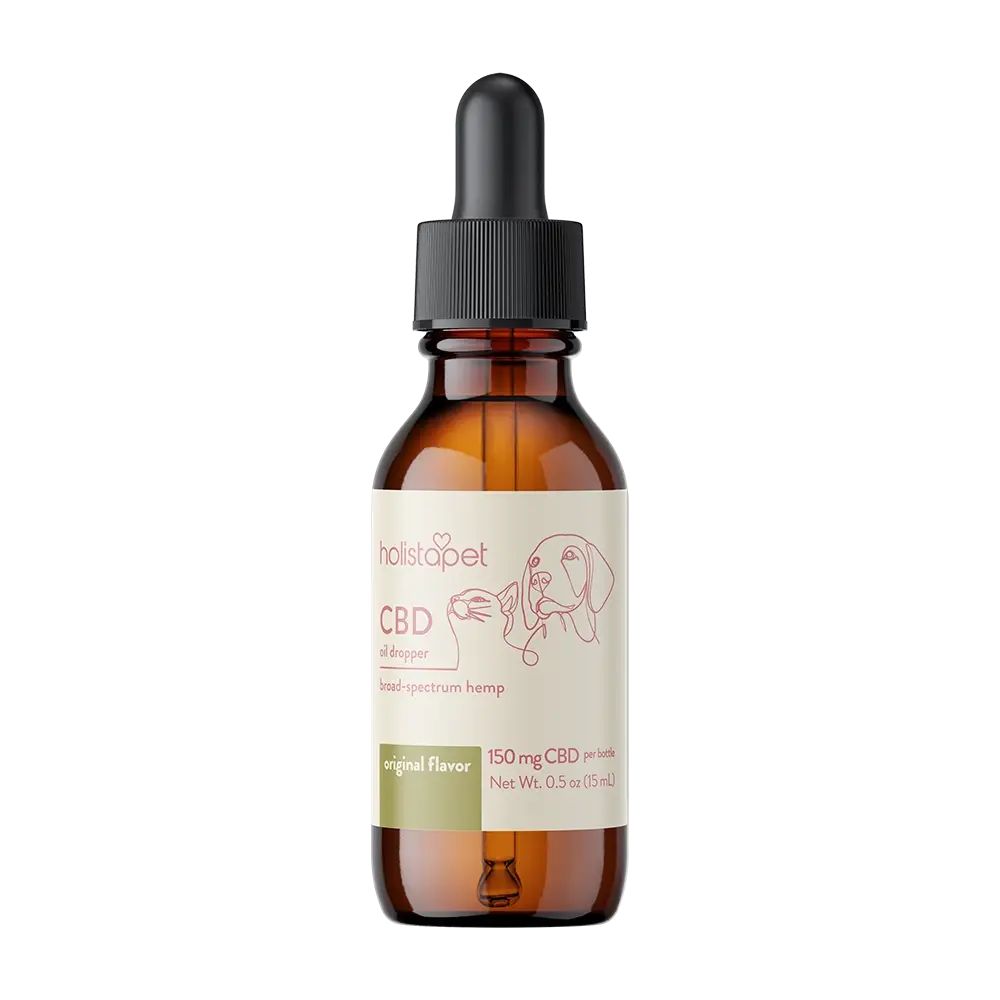
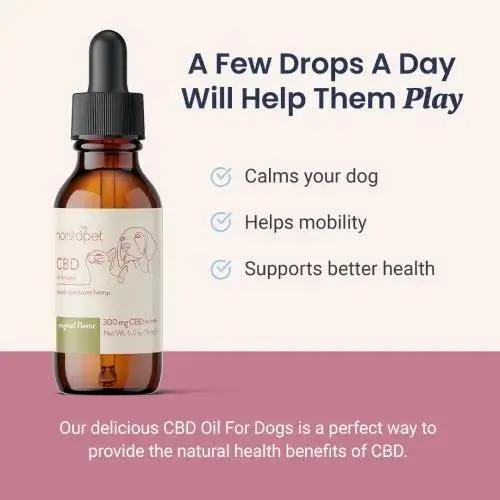
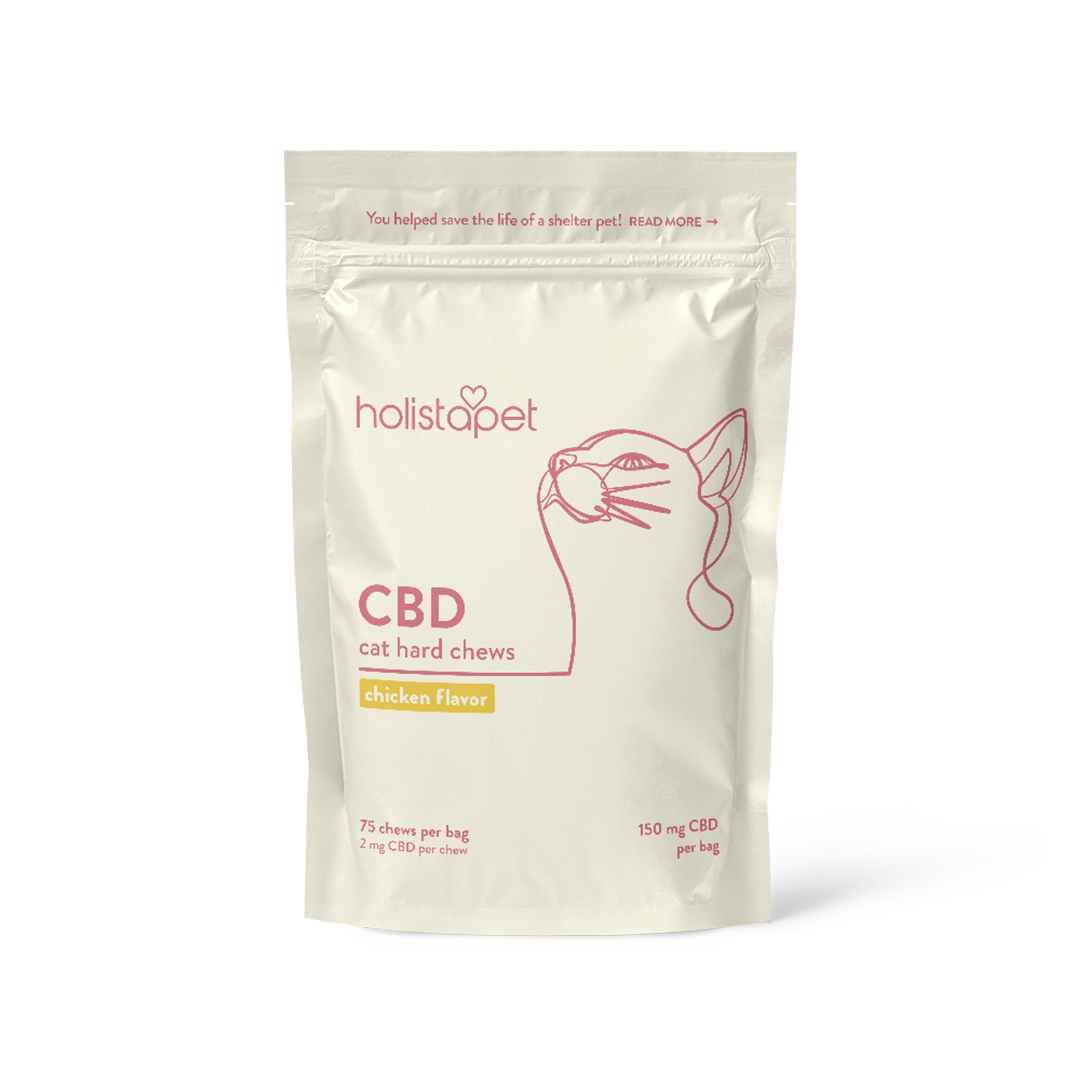
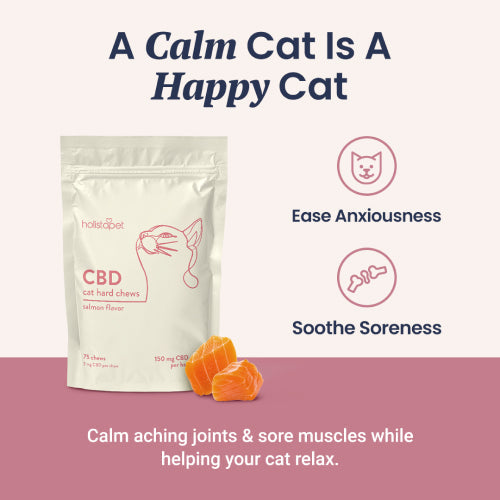
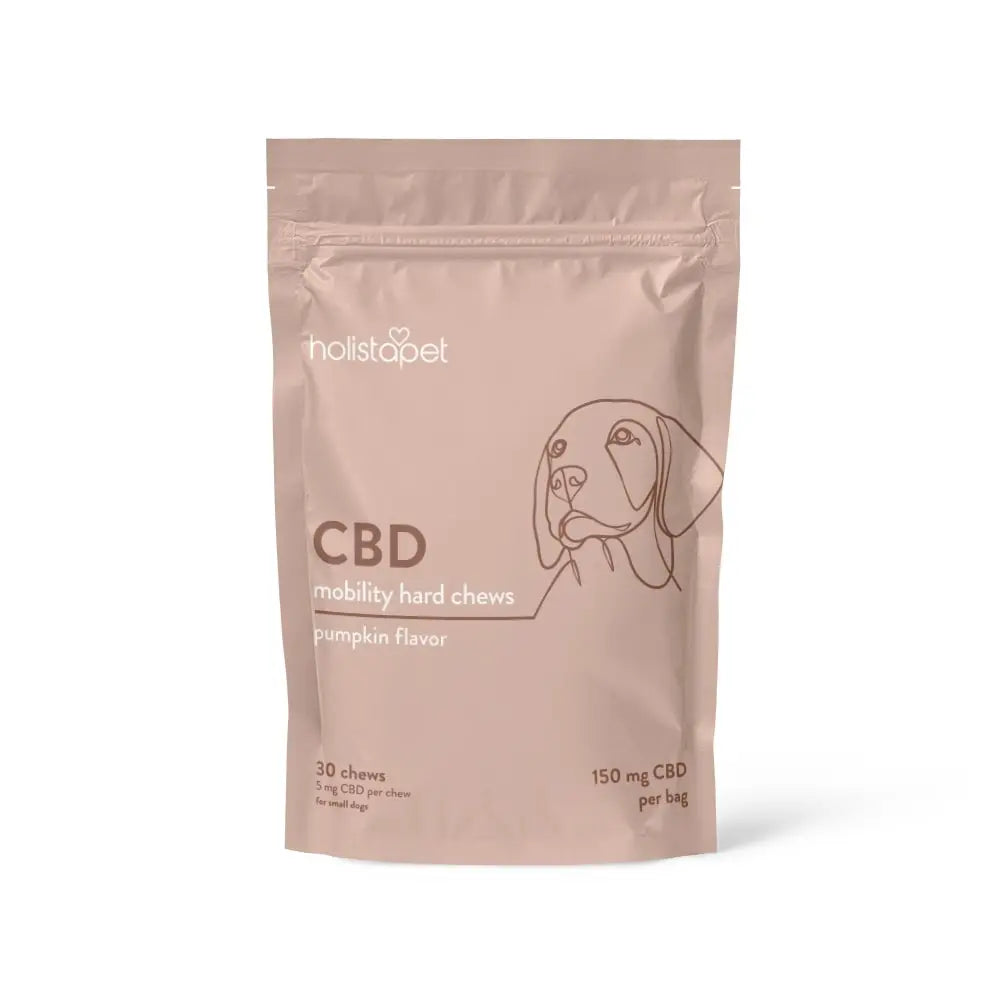
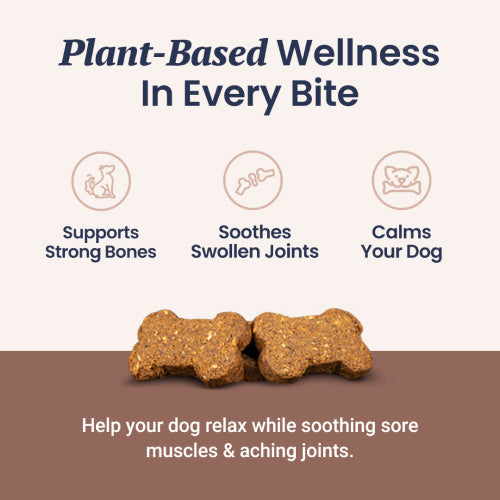
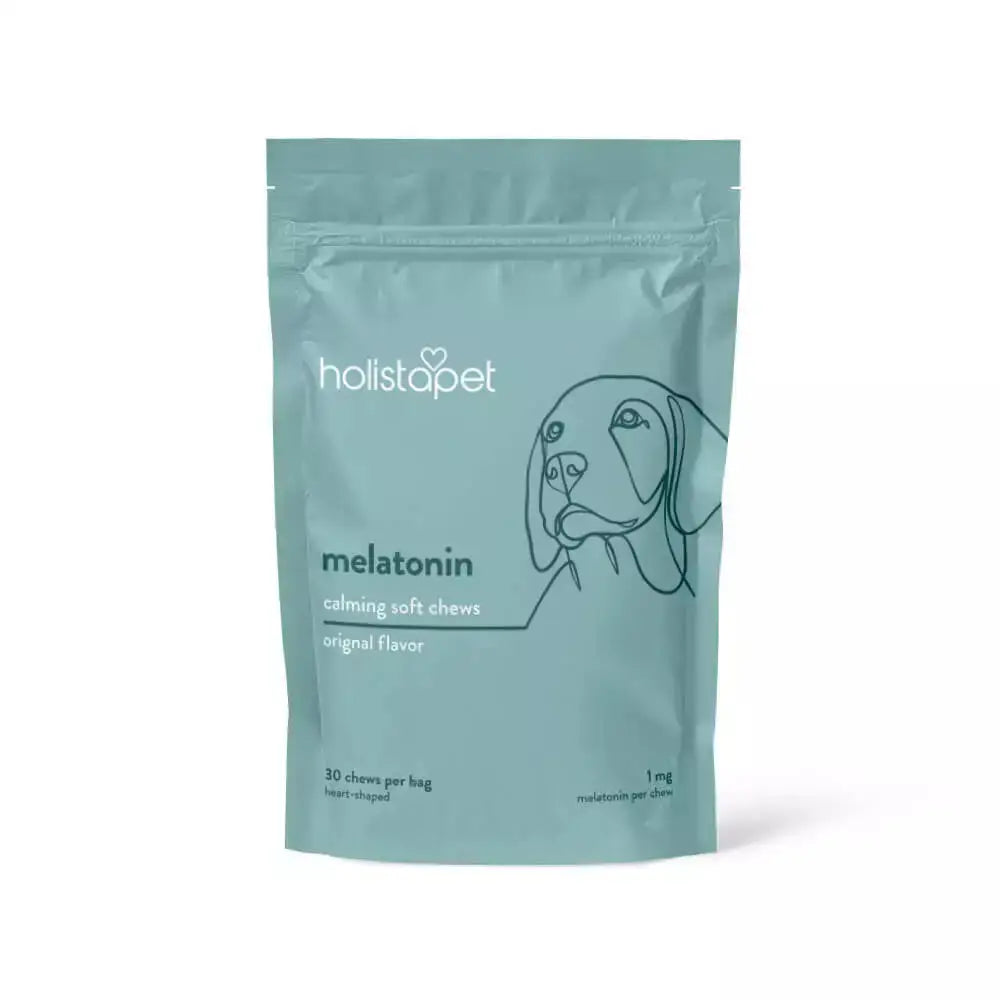
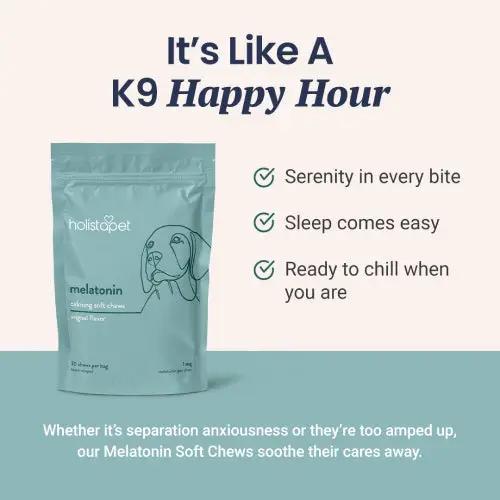
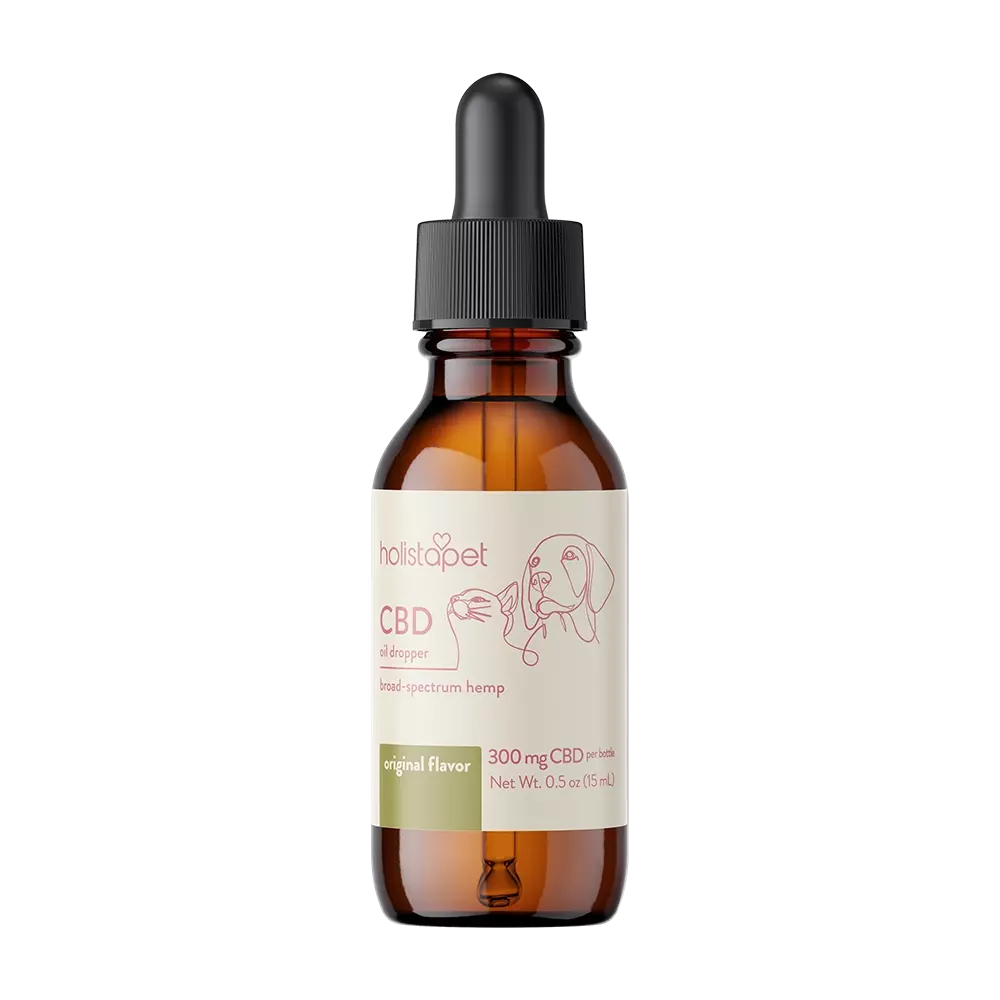
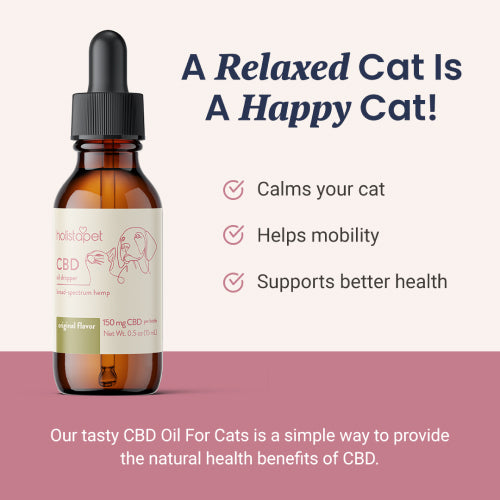
Leave a comment
This site is protected by reCAPTCHA and the Google Privacy Policy and Terms of Service apply.